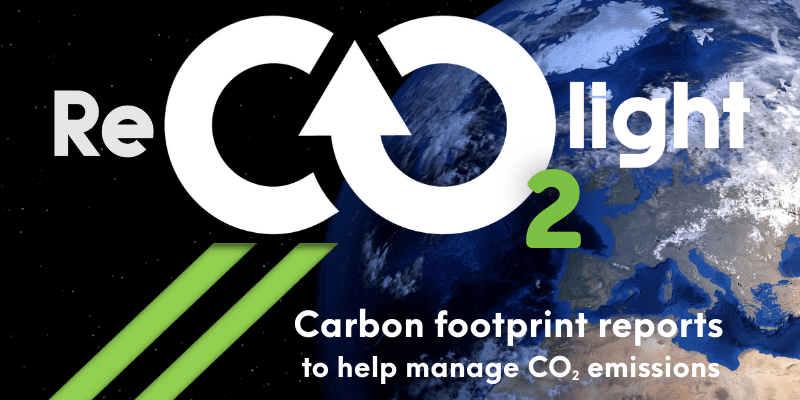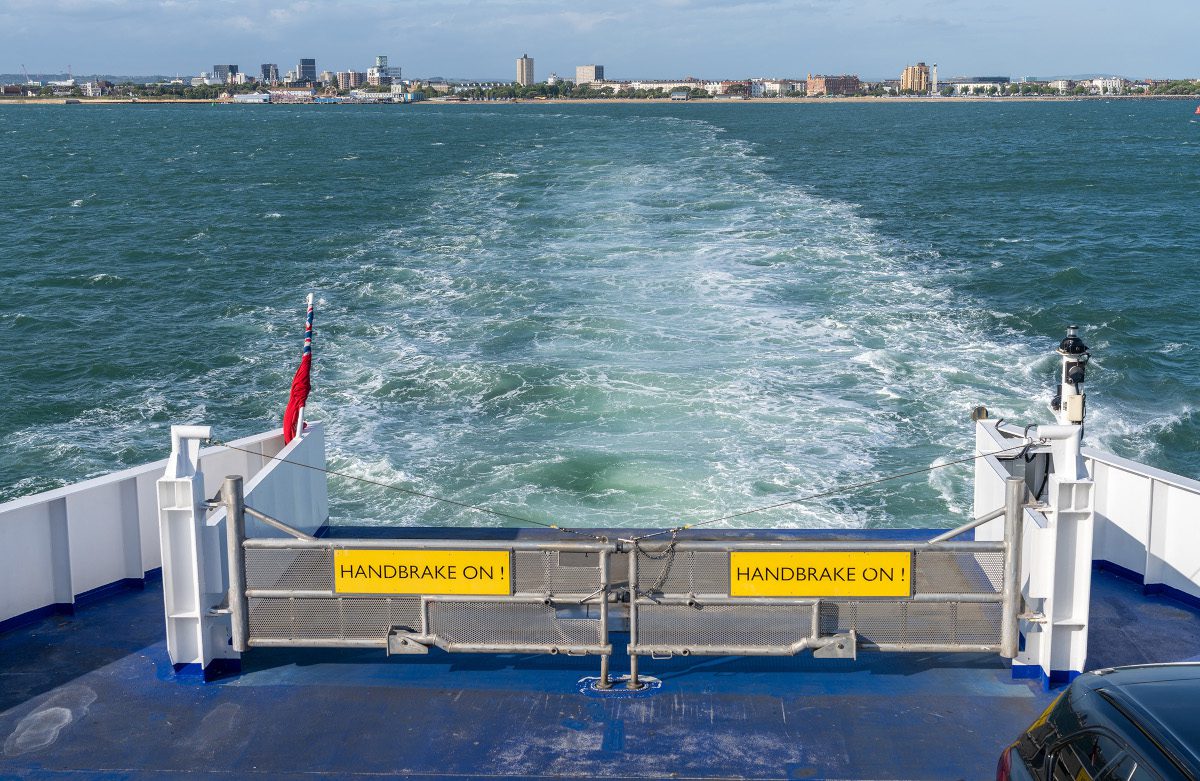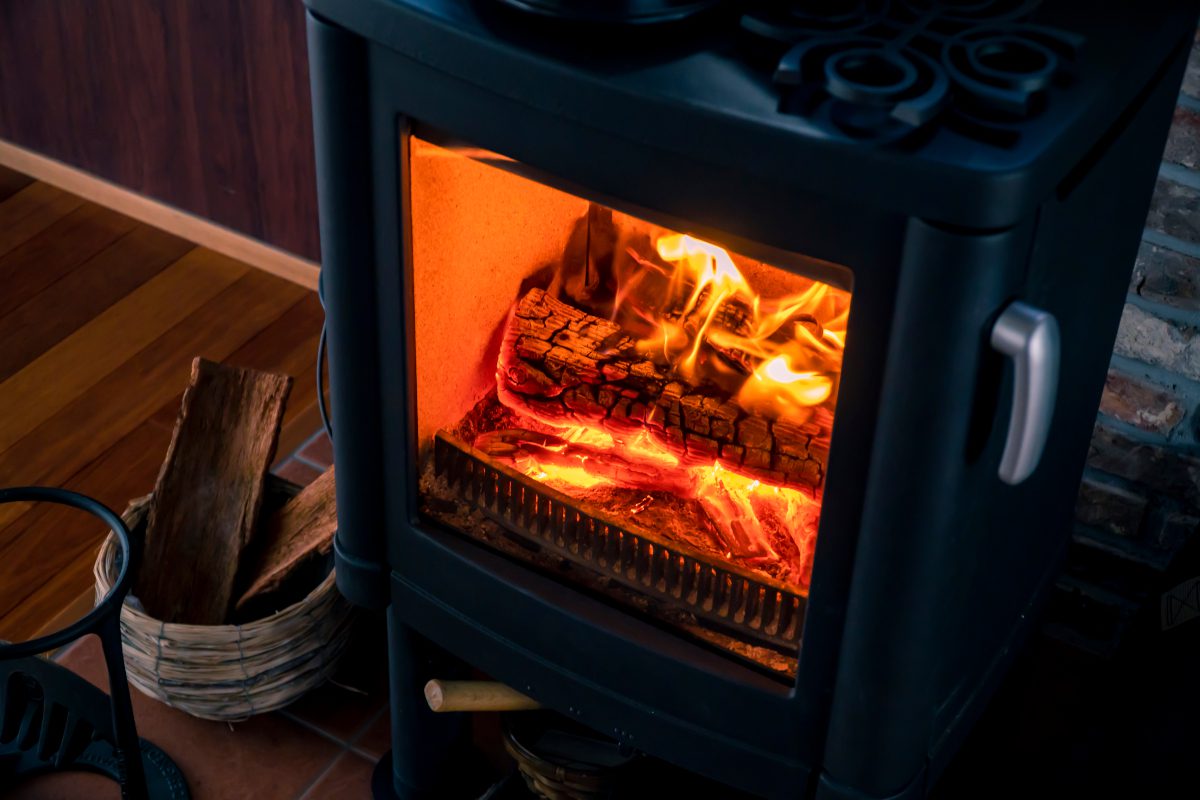A new study sheds light on the diversity of microbial life in glacier meltwater. The streams draining the glaciers on our planet’s mountaintops harbor a wealth of unique microorganisms, yet little was known about these complex ecosystems until recently.
A team of scientists, led by the Swiss Federal Technology Institute of Lausanne (EPFL) and including members of King Abdullah University of Science and Technology (KAUST), has carried out the study, which takes an in-depth look at the microbiome of these glacier-fed streams. The scientists, with the help of mountain guides and porters, spent more than five years collecting and analyzing samples from 170 glacier-fed streams in New Zealand, the Himalayas, the Russian Caucasus, the Tien Shan and Pamir Mountains, the European Alps, Scandinavia, Greenland, Alaska, the Rwenzori Mountains in Uganda, and both the Ecuadorian and Chilean Andes. Their findings provide the first global reference of the microbiome in these streams.
It has been published in the journal Nature.
A microbial atlas
Glacier-fed streams are the most extreme freshwater ecosystems in the world. The streams, which are mostly found on mountain tops, are generalized by their near-zero temperatures and low nutrient concentrations. They are also the original source for many of our largest rivers and are vital freshwater sources for the world. For this reason, their change, which is reflected by changes in their ecosystem and biodiversity, can have profound impact on water supplies.
One way to measure this change is by looking at their microbiomes.
“Glacier-fed streams are severely susceptible to climate change. To understand the rate of change of the ecosystem they host, we need a baseline of their microbiomes” said Ramona Marasco, a research scientist from KAUST who contributed to the study.
“The large sequencing effort put in place at KAUST contributed to draw a robust picture of these threatened microbiomes,” said KAUST Professor Daniele Daffonchio, another contributor to the study.
From the analysis, the researchers put together what’s described as the first global atlas of microbes in glacier-fed streams. What seems to have been revealed is that these streams possess a unique microbiome — one that clearly differs from other cryospheric systems, such as icebergs, permafrost and frozen lakes.
Interestingly, they found that almost half of the bacteria are endemic to a given mountain range. This observation was particularly true in New Zealand and Ecuador — regions already known for their high variety of endemic plants and animals. The scientists attribute this property to the geographic isolation of mountains, similar to that of islands, and to the natural selection that is particularly strong in extreme environments like glacier-fed streams.
The United Nations has designated 2025 as the International Year of Glaciers’ Preservation. Preserving our glaciers also means protecting glacier-fed streams and their microbiome, an urgent task given how quickly ice is melting but also a feasible one. “Having spent the past few years traveling across the Earth’s mountaintops, I can say we’re clearly losing a unique microbiome as glaciers shrink,” said EPFL Professor Tom Battin, who led the study.
















